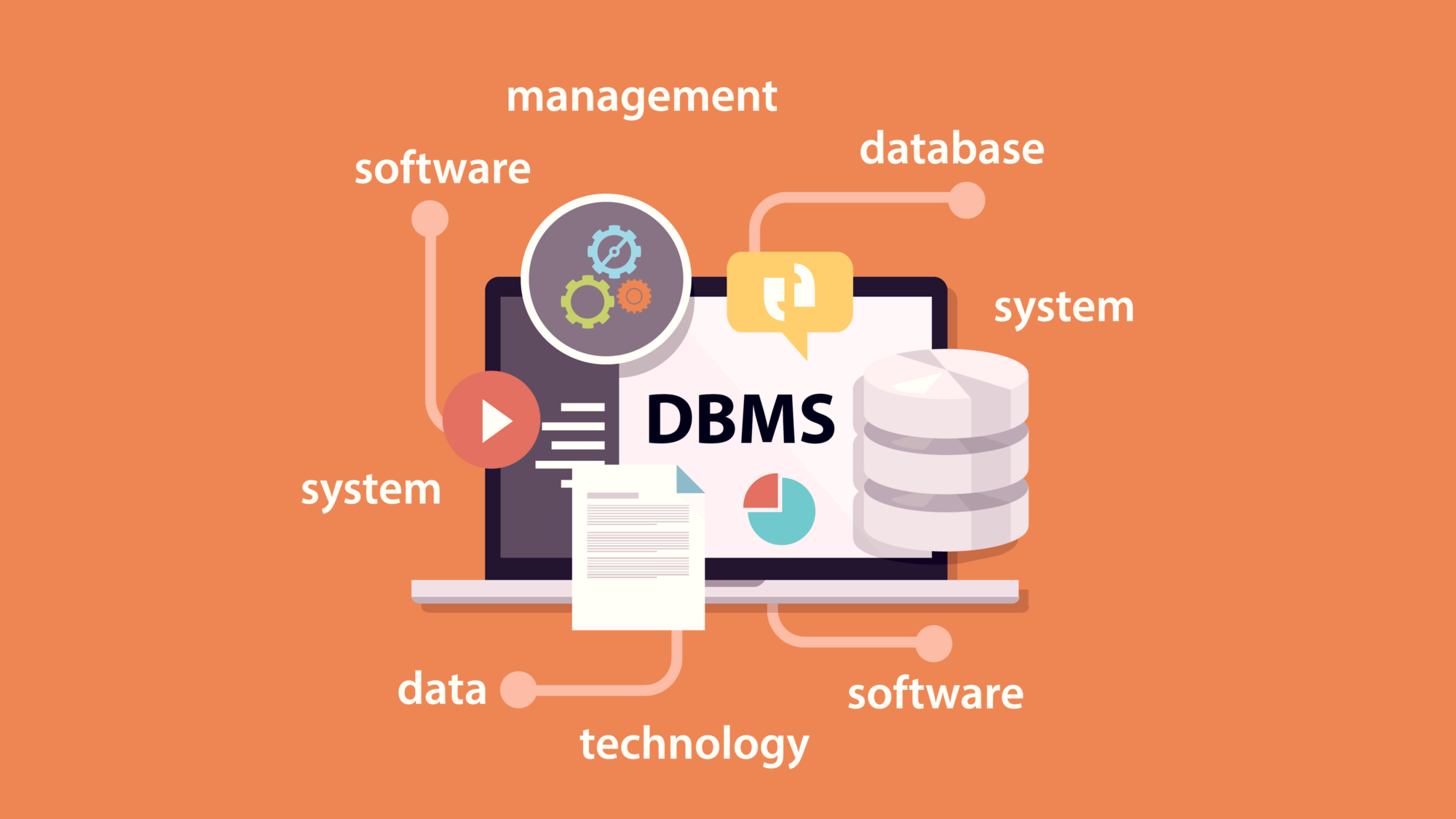About DBMS (Database Management System)
Last blog we talked about what exactly a DBMS (Database Management System) is, but now let's dig in a little deeper about it, what it's functions and pros and cons are.
What are the functions of DBMS?
Down below is a list of it's functions.
- DATA DEFINITION
The DBMS must be able to accept data definitions(external, internal and conceptual schemas, and all associated mappings) in source form and convert to the appropriate object form.
- DATA MANIPULATION
The DBMS must be able to handle request from the user to retrieve and possibly update existing data in the database, or to add a new data to the database.
- DATA SECURITY AND INTEGRITY
The DBMS must be able to monitor user requests and reject any attempts to violate the security and integrity checks defined by the database administrator.
- DATA RECOVERY AND CONCURRENCY
The DBMS must have the capability of recover from, or minimize the effects of a system crash.
- DATA DICTIONARY
The DBMS must provide a system database called the database dictionary.
What are the advantages and disadvantages of DBMS?
Now that we know it's functions, let's delve into the thought of what the ups and downs of DBMS is, and can we truly utilize it despite it's disadvantages.
Advantages of DBMS:
- REDUCED DATA REDUNDANCY
In database system, data redundancy is avoided by keeping a single copy of the data.
- DATA INTEGRITY
Since a single copy of a particular data is stored in the database, you can be certain that the changes to the data will be reflected in all future uses of that data.
- DATA INDEPENDENCE
The structure of the database system requires that data be independent of other data in the database and the software used to access the database.
- DATA SECURITY
A database system can have additional security measures as part of the database software product.
- DATA CONSISTENCY
Data consistency is maintained in the database environment.
- EASIER USE OF DATA
Data is easier to use in the database environment.
- LESS STORAGE
Since data redundancy is reduce if not eliminated, the database will occupy less storage space.
Disadvantages of DBMS:
- COMPLEXITY
Databases and their associated DBMS are extremely complex.
- EXPENSE
The installation of the DBMS and its databases onto the current system requires careful planning because of the possibility of the need for additional hardware.
- VULNERABILITY
Because data in a database is in a central location, it is vulnerable to partial or complete destruction when a breakdown of hardware components occur or in software mistake.
- SIZE
A typical mainframe database is very large.
- TRAINING COSTS
When a company purchase a database product, it must first train one or more individuals to be the database administrator for the new product.
- COMPATIBILITY
One of the pitfalls of most database systems is their incompatibility with other database systems.
- LOCKING-IN OF TECHNOLOGY
What if the vendor expresses a desire to abandon the product? There is a possibility that they will have to redesign their system from scratch.



Comments
Post a Comment